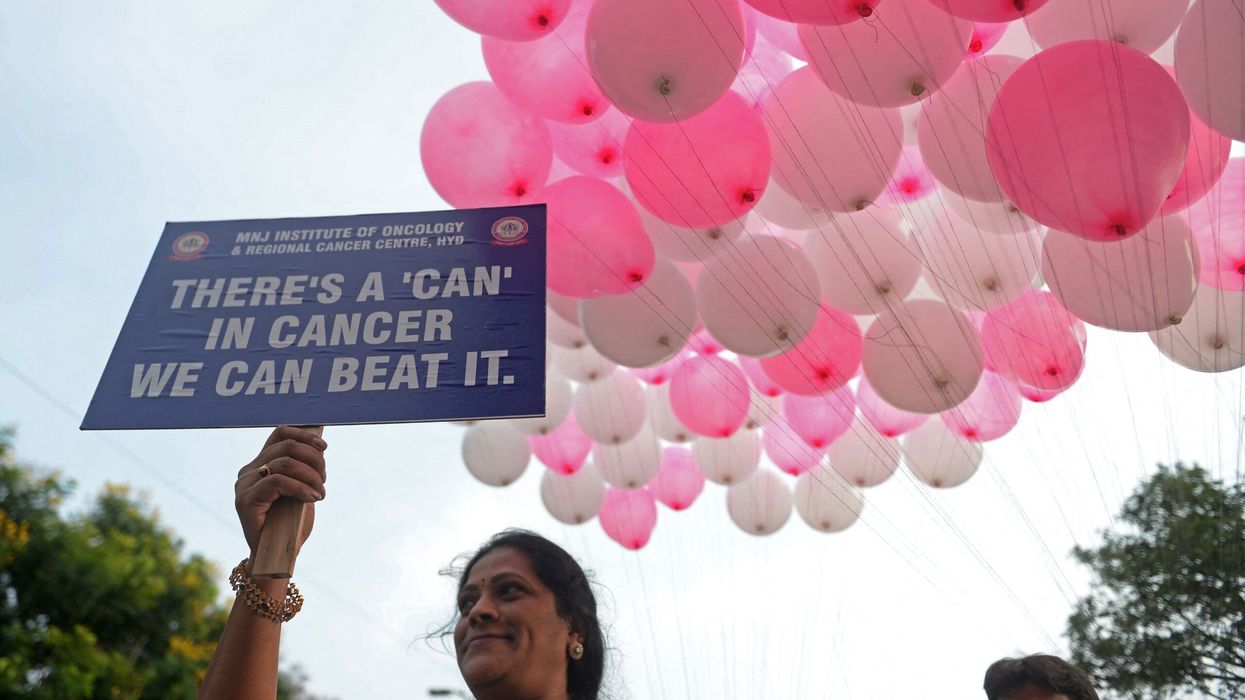Researchers have identified three molecules that offer a promising solution that can prevent cancer relapse during treatment, according to a new study.
In cancer treatment, DNA-damaging agents are commonly used to target cancer cells thereby killing them and causing cancer remission.
However, over time, the effectiveness of these agents can diminish as cancer cells develop mechanisms to repair the damaged DNA, leading to a process commonly called chemoresistance to drugs, leading to cancer recurrence and metastasis.
This poses a challenge to cancer therapy. The new study by researchers in two Department of Biotechnology, Government of India institutes, namely the National Institute of Biomedical Genomics (NIBMG) and the National Institute of Immunology (NII), have tackled this issue by investigating the repair mechanisms specific to cancer cells.
The study highlighted the roles of two proteins, RAD54 and BLM, in this process. RAD54 can loosen the genome aiding in gene activation, while BLM assists RAD54 in this function.
Dr. Sagar Sengupta, Director of the National Institute of Biomedical Genomics (NIBMG), explained how their research addresses why cancer cells become resistant to chemotherapy at the genomic level.
"We focused on two proteins, RAD54 and BLM, which are involved in the process of the development of chemoresistance. RAD54 helps activate genes by remodelling chromatin, and BLM assists RAD54 in this role. The RAD54-BLM complex was found to activate a group of genes (called efflux pump genes) responsible for removing anti-cancer drugs from cancer cells, a key factor in developing chemoresistance. The team also screened a large library of approved small molecules and discovered three drugs that disrupt RAD54-BLM interaction, reducing DNA repair in cancer cells and thereby making the cancer cells more sensitive to chemotherapy," he told PTI.
The study focused on colon cancer as a model system and involved physically screening a large library of approved drugs or small molecules to identify these promising compounds. Tests on animal models, particularly mice, treated with these molecules alongside standard chemotherapy drugs for colon cancer, showed minimal to no tumor progression.
Hence these drugs have the potential to be taken forward as adjunct therapy for colon cancer when given in addition to the known chemotherapeutic drugs to patients.
Additionally, researchers would also like to determine whether the drugs can be utilized to treat chemoresistance in other types of cancers.
This collaborative effort, involving researchers mainly from India, France, and Singapore, was recently published in the prestigious Journal of Clinical Investigation.
Alongside NIBMG and NII, researchers from the Regional Centre of Biotechnology (RCB), and Jawaharlal Nehru University (JNU) also participated in the project, which included a diverse team of scientists.




